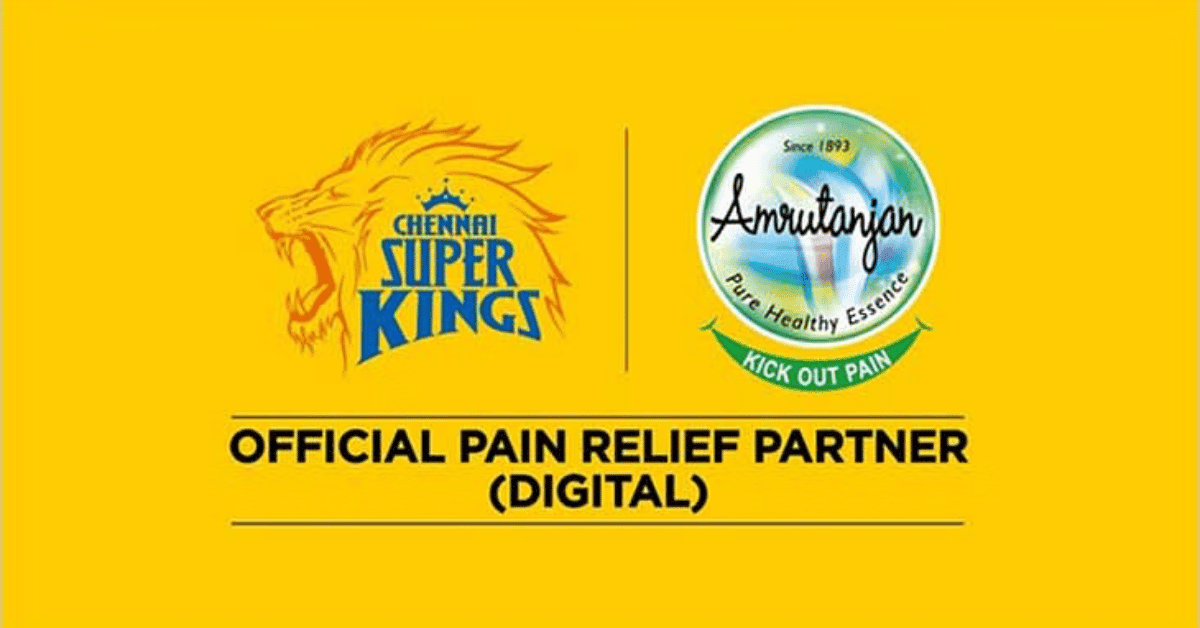It seems everyone is whining and in a tizzy about Google not providing organic keyword data in Analytics. While I believe it diminishes the value of analytics somewhat, I would argue that it’s a great move that will help content Marketers. I’ve written in the past that SEO is Dead and I’ve watched as the industry has slowly gone away. This may be the last nail in the coffin.
If I sound happy about it, it’s because I am. I wrote this in an interview with our marketing automation clients, Right On Interactive:
Google’s move to block the tracking of all keywords makes marketers’ lives more difficult, but not impossible. Marketers will still be able to monitor click-through rates using Webmaster data to understand how organic traffic is impacting their overall inbound marketing efforts. If anything, this continues to make us better marketers. We should be focused on writing content that’s valuable to our audience and listening to our audience – not chasing keywords, manipulating sites, and seeking out links to artificially grow our search rankings.
This is especially good news for the average business that doesn’t have the budget to invest in SEO strategies to generate keyword-rich content throughout the web to artificially inflate the ranking of their content. Most of us can’t compete with large companies and an industry that has grown to billions of dollars. Where there’s a financial benefit to cheat, companies will cheat. And the industry has been cheating (and cheating and cheating). Many of the players are delusional about their strategies but it’s clear that Google is not. Google wants organic traffic to be organic, not driven by wealthy SEO companies that have million-dollar sandboxes to uncover ways to cheat and get their clients ranked. Google’s change is hurting those folks – not you.
And, while you won’t be able to attribute a specific keyword to a specific prospect, you will be able to know that person arrived organically and from what page they did. Knowing the topic of the entry page your prospect arrived on your site on will help you to better understand the content that’s providing value. And doing keyword research and competitive research can still uncover opportunities for finding and writing additional content that will be found and be of value. Search optimization is a foundation for any content strategy, but writing and sharing better content (written, spoken and visual) will always outperform tweaking page titles or keyword density in a page.

The gap provided between Webmaster data, Content data, and Analytics data should help you sharpen your ability to develop great content. Instead of jumping to the keywords section of analytics, you should be diving into the traffic by page title to understand which articles are providing the most traffic to your company. Keywords were distracting and made many marketers lazy. They just kept writing crap to drive more traffic based on keywords instead of focusing on the overall content that was attracting the most attention.
There’s really no data that’s leaving a hole in your ability to develop a fantastic content strategy. You can still review Webmaster data to understand the keywords that are driving the most content – but you can apply it to the content that’s driving the most views and conversions. Understanding the context around the keywords you were writing about can provide a ton more insight into what’s popular or not popular.
As an example, focusing on ‘google keywords not provided’ could lead me to a few blog posts about the trend and alternate solutions. Instead, I’m focused here on how it’s going to help marketers. That context should ultimately prove more valuable to my content strategy than just tossing a keyword combination around! The context around your keywords should be a focus of your attention as well!


















